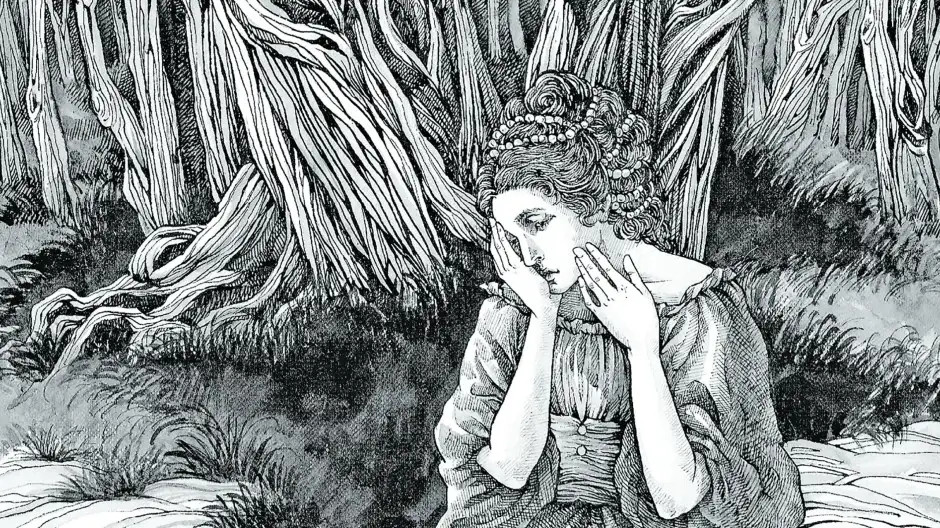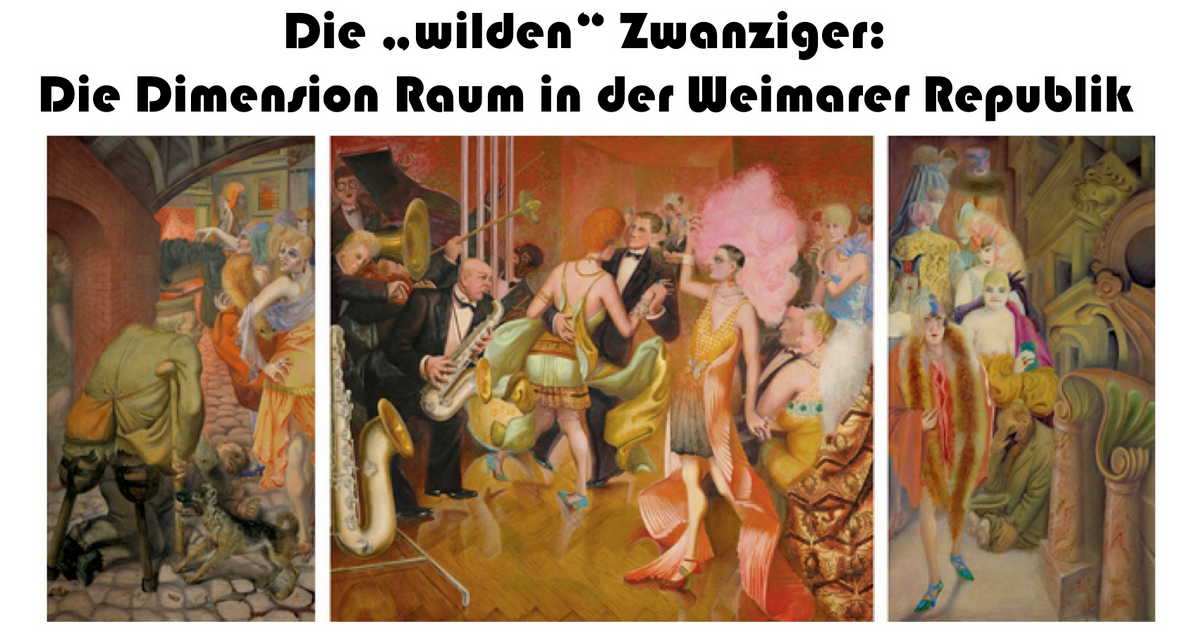- Instructor: Felix Froning
- Instructor: Anna Mayer
- Instructor: Elliott Schreiber
The reputation of psychoanalysis has waxed and waned over its 100+ years of existence, but there is no doubt about its revolutionary impact on a myriad of domains ranging from the way we think about human sexuality to methodologies still used in the social sciences and humanities. This course offers a critical introduction to a few of Freud’s foundational texts on sexuality, neurosis, and dream interpretation. In addition to exploring them in their historical context (including Jewish emancipation in 19th-century Austria and the rise of modern antisemitism), the course pursues some of the enduring uses of Freud’s methodologies in literature, feminism, and queer studies as well as some of the controversies that have dogged psychoanalysis from its beginning.
- Instructor: Jeffrey Schneider
Particularly with the international blockbuster Settlers of Catan, contemporary German board games have revitalized the industry. They have done so by highlighting innovative mechanics, strategy, and social interaction while de-emphasizing roll-and-move play, military games, and the early elimination of players. In this Intensive, students immerse themselves in the history of German board games, including such milestones as Reisewitz’s Kriegsspiel (1812), which was used to train Prussian officers in military strategy. This game sets the stage for military games in the twentieth and twenty-first centuries (including the popular board game Risk), a tradition with which contemporary German board games break. Our exploration is guided by a variety of questions: What functions do board games play in society? How can they reflect or playfully undermine broader societal values? How do the mechanics of board games relate to their narrative content?
- Instructor: Elliott Schreiber
Many people feel profoundly touched, in a very immediate way, by the brilliant and devastating life of Anne Frank. And yet her life is one of the most mediated imaginable, including through her own diary entries, many of which she rewrote (and others of which she suppressed) for later publication in a planned book, The Secret Annex; through the publication of her father’s edited version of her diary and its translation into numerous languages; through its popular adaptations for stage and film; through photographs and documentaries; through textbooks and teaching materials; through children’s books and graphic novels; through memorials such as the Idaho Anne Frank Human Rights Memorial and the Anne Frank Center in Berlin; and through the Anne Frank House in Amsterdam. This course involves a close reading of Anne Frank’s diary (along with a selection of her other texts), as well as a careful consideration of the media that continue to shape our connection to and understanding of her life.
- Instructor: Elliott Schreiber


